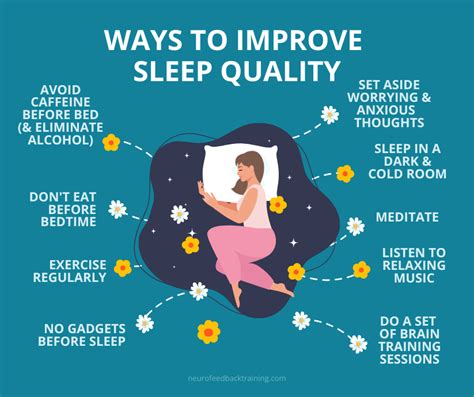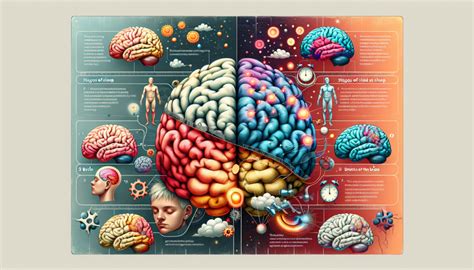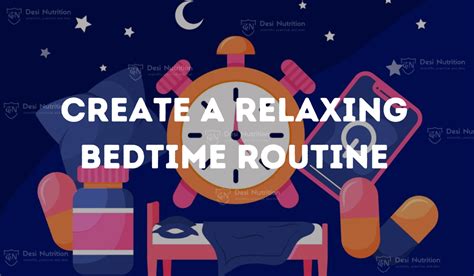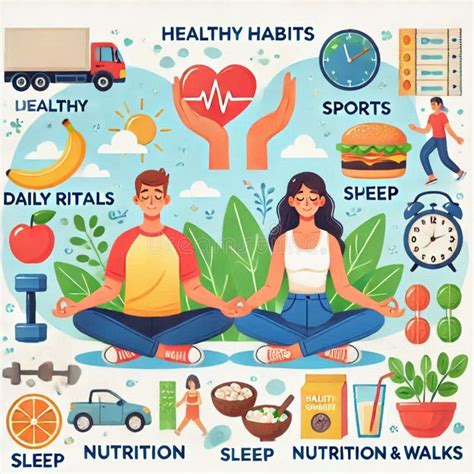How to optimize sleep for peak energy & cognitive performance?

The Unsung Hero: Why Sleep is More Than Just Rest
In our fast-paced world, sleep often takes a back seat to work, social commitments, and entertainment. However, viewing sleep merely as a pause in activity is a grave misunderstanding. Quality sleep is a fundamental pillar of human health, directly impacting our energy levels, mood regulation, immune system, and, critically, our cognitive performance. Optimizing your sleep isn’t just about feeling less tired; it’s about unlocking your brain’s full potential and maintaining consistent energy throughout your day.
Poor sleep can lead to decreased focus, impaired memory, slower reaction times, and difficulty with problem-solving. Conversely, well-rested individuals exhibit enhanced creativity, sharper decision-making, and a greater capacity for learning. So, how do we move from merely sleeping to truly optimizing it?

Establishing a Non-Negotiable Sleep Schedule
Consistency is king when it comes to sleep. Your body thrives on routine, governed by its internal clock, the circadian rhythm. Going to bed and waking up at roughly the same time every day, even on weekends, helps to regulate this rhythm, making it easier to fall asleep and wake up naturally.
- Set a Target: Aim for 7-9 hours of sleep per night for most adults. Experiment to find your personal sweet spot.
- Stick to It: Resist the urge to ‘catch up’ on sleep during weekends, as this can disrupt your rhythm. If you must deviate, try to keep it within an hour of your regular time.
- Listen to Your Body: While consistency is key, also pay attention to signs of drowsiness and respond accordingly.
Optimizing Your Sleep Environment: Your Sanctuary for Rest
Your bedroom should be a haven dedicated to rest. Small adjustments to your environment can make a significant difference in sleep quality.
- Darkness: Even small amounts of light can disrupt melatonin production. Use blackout curtains or an eye mask to ensure complete darkness.
- Quiet: Minimize noise with earplugs, a white noise machine, or sound-proofing techniques.
- Cool Temperature: Most experts recommend a room temperature between 60-67°F (15-19°C) for optimal sleep.
- Comfort: Invest in a comfortable mattress and pillows that support your sleep posture. Keep your bedroom tidy and uncluttered, associating it solely with sleep and intimacy.

Cultivating a Powerful Pre-Sleep Ritual
Your brain needs a signal that it’s time to wind down. A consistent pre-sleep routine helps prepare your mind and body for rest.
- Dim the Lights: About an hour before bed, start dimming lights and avoid bright screens (phones, tablets, computers). Blue light emitted from these devices can suppress melatonin.
- Relaxing Activities: Engage in calming activities like reading a physical book, taking a warm bath or shower, listening to soothing music, or gentle stretching.
- Avoid Stimulants: Steer clear of caffeine and nicotine in the late afternoon and evening. Alcohol might make you drowsy, but it disrupts sleep architecture, leading to poorer quality rest.
- Light Meal: If you’re hungry, have a light, easily digestible snack, but avoid heavy meals close to bedtime.

The Role of Diet and Exercise
What you consume and how active you are also play crucial roles in your sleep quality.
- Diet: A balanced diet rich in fruits, vegetables, and whole grains supports overall health, including sleep. Magnesium-rich foods (leafy greens, nuts, seeds) and foods containing tryptophan (turkey, milk, eggs) can be beneficial. Avoid excessive sugar and processed foods.
- Hydration: Stay well-hydrated throughout the day, but reduce fluid intake closer to bedtime to avoid frequent bathroom trips.
- Exercise: Regular physical activity, especially aerobic exercise, can significantly improve sleep quality. However, avoid intense workouts too close to bedtime, as the stimulating effects can make it harder to fall asleep. Aim to finish vigorous exercise at least 3-4 hours before sleep.

When to Seek Professional Help
If, despite implementing these strategies, you consistently struggle with sleep, experience excessive daytime sleepiness, or suspect a sleep disorder like sleep apnea or insomnia, it’s crucial to consult a healthcare professional. They can provide a diagnosis and recommend appropriate treatments or interventions.
Conclusion: Invest in Your Sleep, Invest in Yourself
Optimizing your sleep is not a luxury; it’s a critical investment in your overall health, energy levels, and cognitive prowess. By establishing consistent routines, creating a conducive sleep environment, adopting calming pre-sleep rituals, and supporting your body with proper diet and exercise, you can transform your sleep and, consequently, your waking life. Embrace these habits, and prepare to experience peak energy, sharper focus, and an enhanced capacity to thrive in every aspect of your life.










